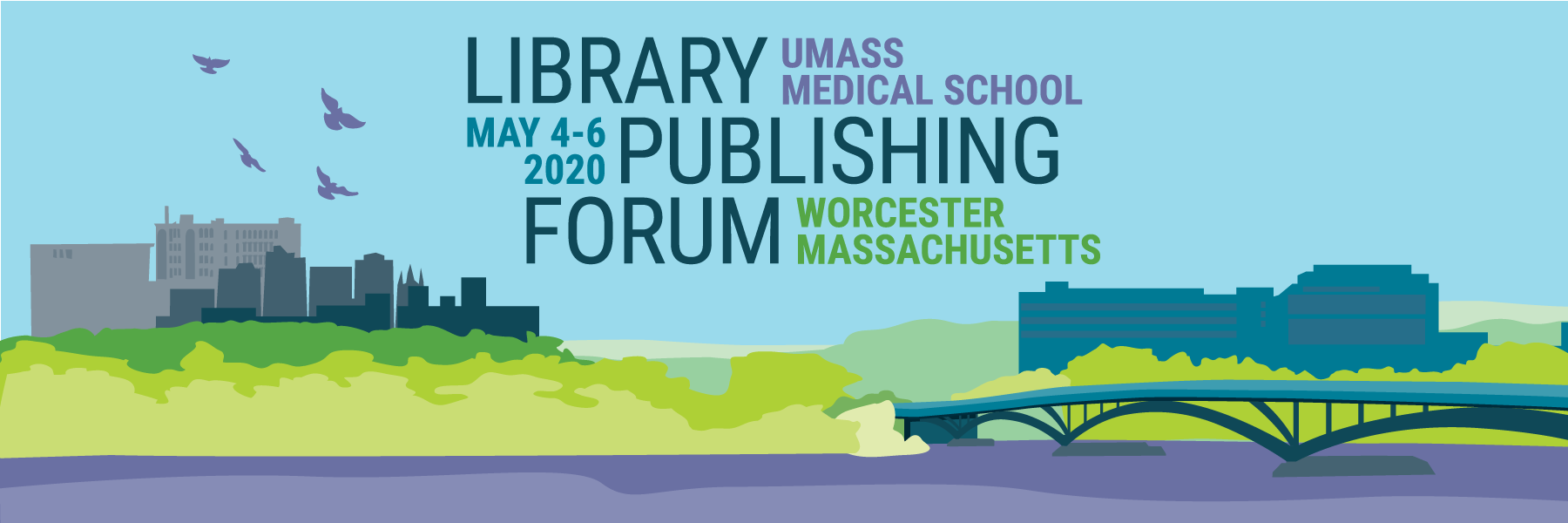Day: Tuesday, May 5, 10:15 AM to 11:15 AM
Room: TBD
Presenters: Anita Walz, Virginia Tech; Mark Konecny, University of Cincinnati
Description: As more open texts become available, educators have become more interested in modifying and enhancing existing works. Modifications are often aimed at creating specific classroom experiences and enhancing student participation. Modifications can also capture critical reflections in context of scholarly discourse. As institutions begin to support adaptation of open texts, a number of challenges arise: authors concerned for originality of their contributions often choose CC BY-NC-ND, which precludes future adaptation. And some formerly open publishers have requested removal of publisher and author identifiers from CC-licensed works, causing difficulties in attribution and citation.
How do we begin to address open license concerns and retain the advantages of text adaptation and reuse? How do we evaluate a work’s authority and contribution without knowing who wrote which text? What issues does this raise for promotion and tenure? Do we need to implement new ways for open, adapted texts to be evaluated and cited?
And, as a result, the following concerns for operations arise. Can we flag authorial contributions in the metadata? Are there platforms or technologies which could make iterative texts comparable and referential? In this presentation, we will address five specific areas of concern that we, as a community, should engage:
- Are adapted works problematic? A discussion of authority, reliability, and the classroom.
- Peer review and reliability in an iterative work. Can open peer review add authority to the adapted work?
- Evaluating an author’s contribution to a work for promotion and tenure. How can we make individual contributions more transparent?
- Metadata, file types, and online platforms. Creation of community standards (or a standard) to allow faculty to feel more secure in adapting, remix, and reuse.
- Funding adapted works to ensure currency and continued use? How to use peer review and post production review to support contributions.
